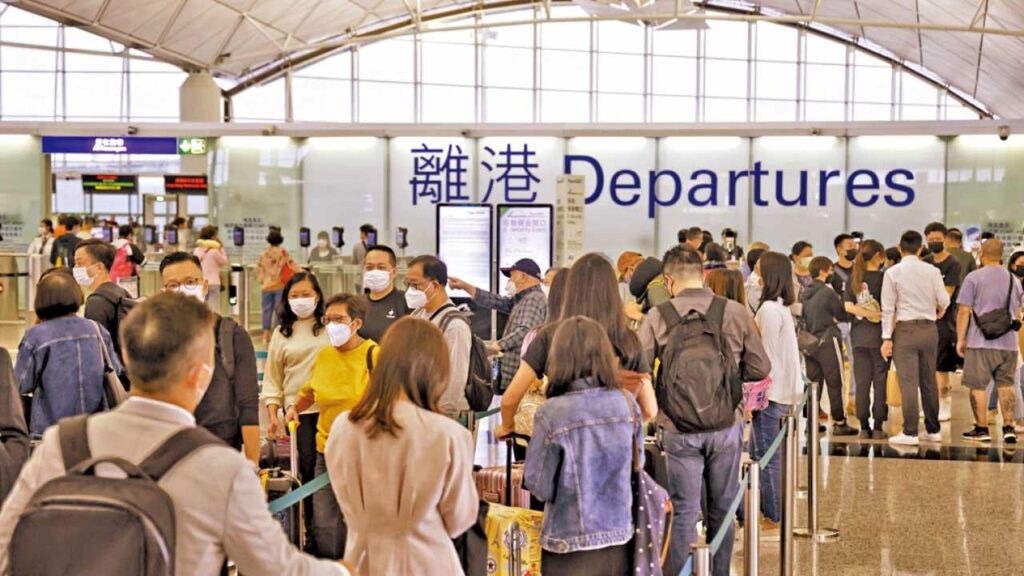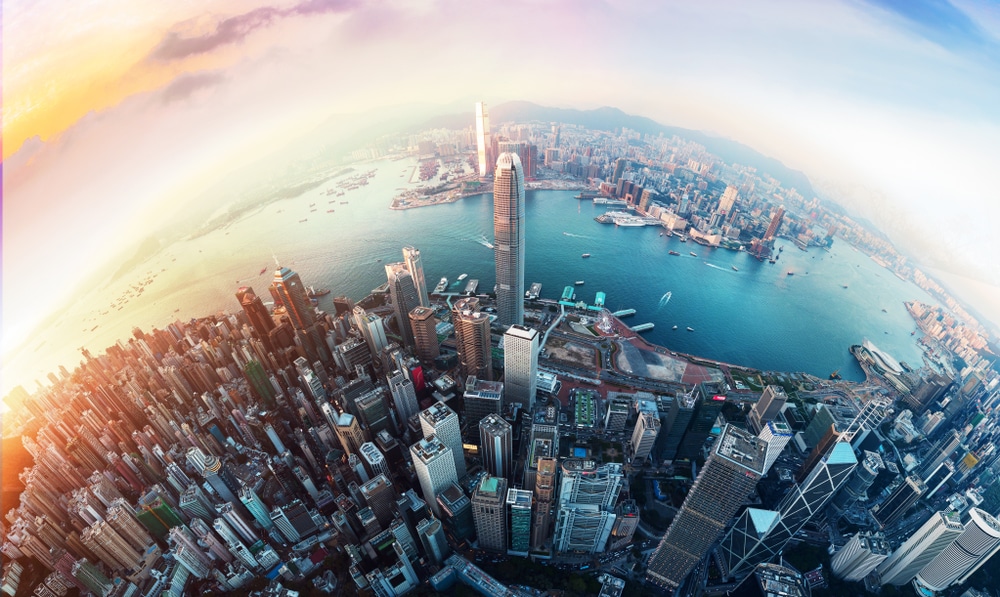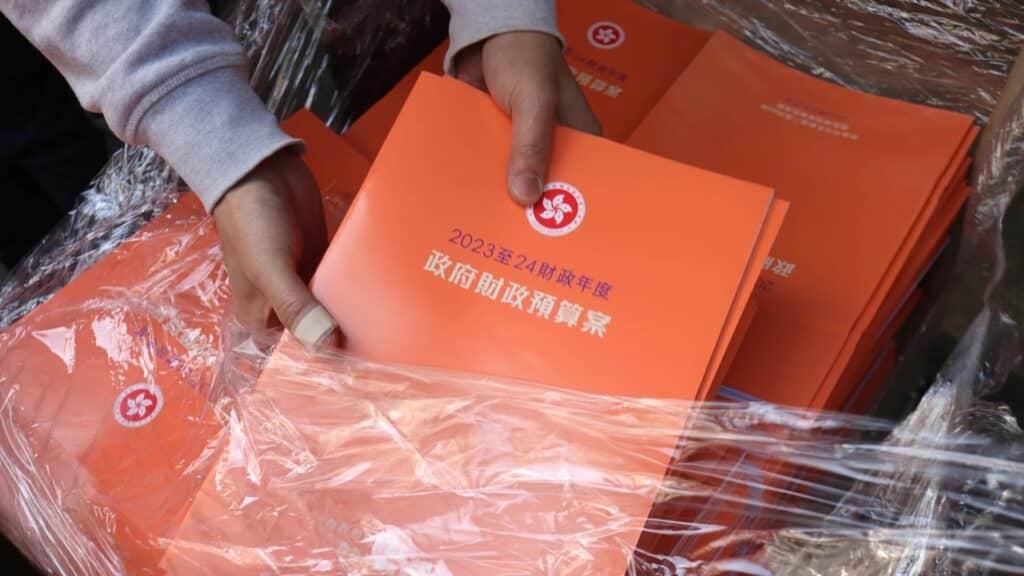From February's "Hello, Hong Kong!" to launch global promotions, April's "Happy Hong Kong" to focus on local fun, to September's "Hong Kong Night Fun" to create nighttime vitality, the SAR government has prescribed prescriptions to revitalize the economy, aiming to Social mobilization to stimulate consumption and attract tourists. In the past, countercyclical measures were taken to do everything possible to rescue the market and preserve employment, but this also resulted in five consecutive years of fiscal deficit, making it difficult to expect the government to make large investments again. In the first half of the year, the interest rate differential between Hong Kong and the United States impacted the linked exchange rate. It was still too early to announce the interest rate cut cycle, and there were not many policy tools available to the government.
The bumpy global recovery process, coupled with the social distancing measures implemented during the epidemic, has changed the living habits of some citizens and also affected the income of some families. Citizens have reduced dining, entertainment and consumption outside their homes, which has become a sequelae of the COVID-19 epidemic. At the end of last year, a survey by the Hong Kong Deposit Protection Board found that more Hong Kong people have developed the habit of saving to prepare for emergencies, and the amount of savings surged by nearly 20% to an average of NT$7,700 per month. Consumers have become more cautious in all aspects of clothing, food, housing and transportation, and are more actively looking for cheap and high-quality goods. This reflects that Hong Kong, like the global market, will inevitably fall into the phenomenon of consumption downgrade, and policy guidance is needed to convert excess savings into purchasing power.
In order to encourage consumption, many countries are considering using transfer income to increase the wealth available to citizens. This method is worthy of reference by the SAR government. In Europe after the financial tsunami more than ten years ago, many governments provided subsidies to car owners to replace old cars with new ones and introduce more energy-efficient cars. On the one hand, they are moving towards emission reduction targets, and on the other hand, they are supporting local manufacturing. During the same period, the Mainland implemented the "Home Appliances to the Rural Areas" policy to expand domestic demand by subsidizing rural residents to purchase home appliances, because average household spending on durable goods is the most sensitive to economic cycles. Today, without exception, European countries are reducing electricity bills to cope with the energy crisis, and some mainland provinces and cities have also introduced policies to subsidize the consumption of cars and home appliances.
Hong Kong’s latest visitor numbers reached 3.6 million in July, which has already tied the pre-epidemic level, but is only 60% of the approximately 6 million before the storm of the amendment bill. This means that various publicity and promotions are gathering market sentiment, and there is still room for growth. But in the right direction. On the other hand, public opinion discusses the fact that the number of tourists traveling northward is greater than that traveling southward, which leads to a loss of local consumption power. In fact, cost-effective consumption in the north was already a common trend before the epidemic, and now it is an option to downgrade consumption while maintaining quality of life. The total number of bilateral entries and exits in Shenzhen reached 16 million in July, which has returned to 80% of the pre-epidemic monthly average of about 20 million. It is worth considering whether the tourism industry has turned around, but it is undeniable that Shenzhen has rapidly attracted tourists from Hong Kong and has recovered much faster than Hong Kong.
Shenzhen reacted quickly and launched a number of measures to facilitate Hong Kong people to maintain their willingness to spend, including providing travel vouchers, producing tourist consumption guides, setting up dedicated port lines to connect key commercial areas for free, and encouraging merchants to launch reservation and point saving services for tourists. Japan launched an overseas travel plan last month to encourage citizens to visit more than 20 regions, including Hong Kong. Hong Kong is used to being in an advantageous position. It is good at defending and occasionally pioneering. How much market acumen can it show to turn from defensive to offensive?
Co-Convenor (Research), Path of Democracy
Original issue:http://www.takungpao.com.hk/opinion/233119/2023/0929/897506.html



